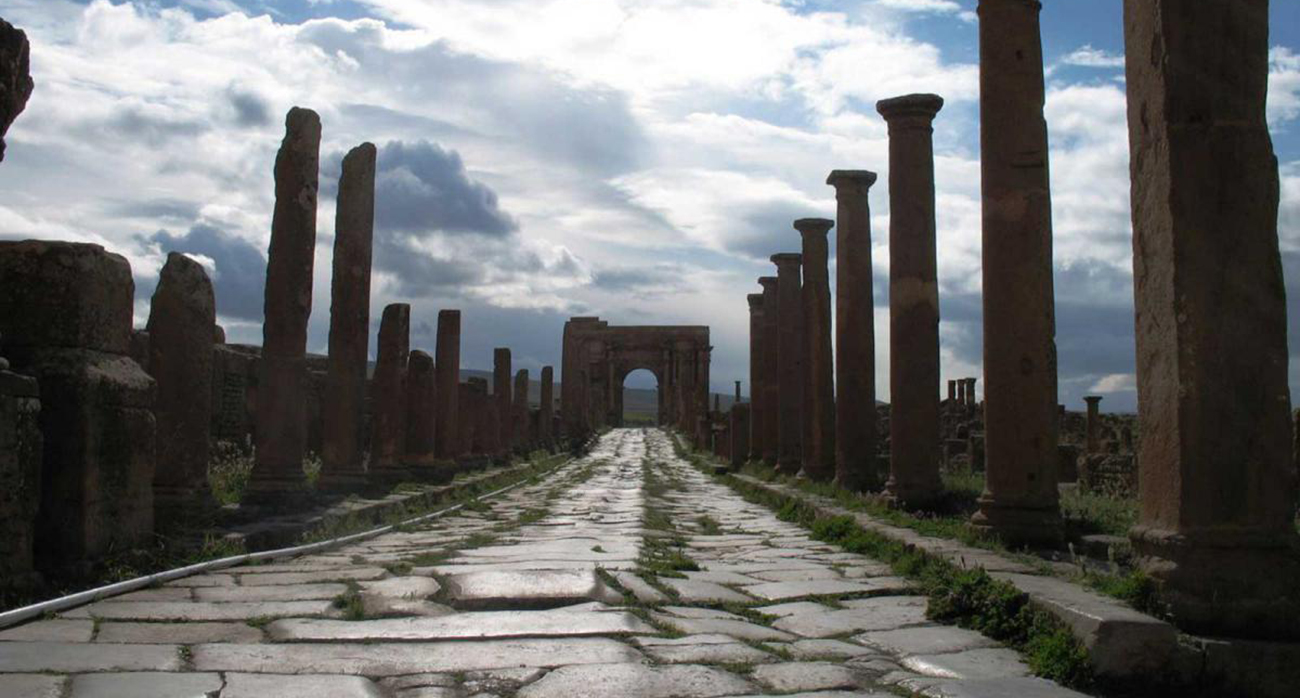Horace: “Odes” Book II
Introduction. Of the three books of "Odes" published by Horace in 23 B.C., this, the second book, is the shortest, containing only twenty poems. It is also the most uniform in form, as eighteen of these twenty are composed in the Aeolian metres of Alcaeus (12) and of Sappho (6). The tone of these odes is also the most serious in tone, and the most limited in range, with only three (viz. carmina 4, 5 and 8) dealing with themes of love. The text for this translation is taken from...


